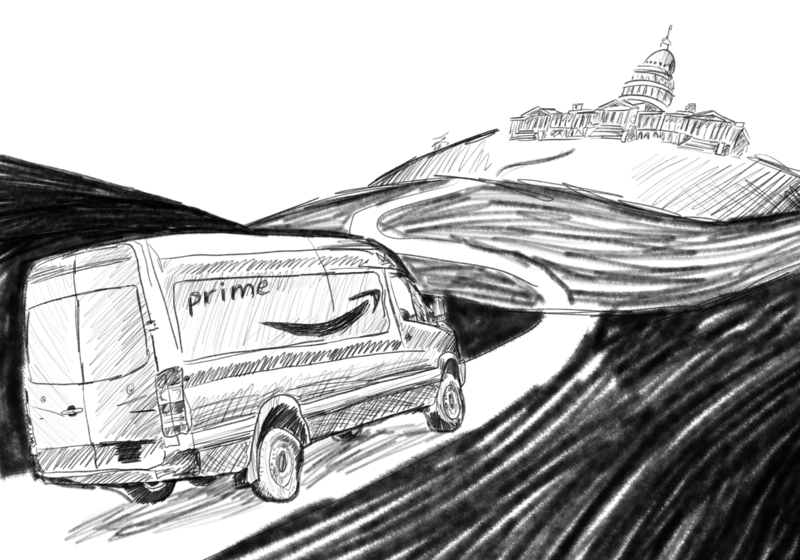Here at UR, different political perspectives can be hard to come by. While students may disagree on minor things, a majority of the student population tends to sit on the same side of the political aisle. Thus, the work that David Primo, Professor of Political Science and Business Administration, is doing with the Politics and Markets Project (PMP) is vital to introducing his students and the UR community to contrasting perspectives. Created in 2014, PMP aims to bring diverse perspectives to campus and foster education, research, and debate on the ever-changing nature of business and government.
The project has brought in guest speakers with first-hand experience in areas like corporate strategy or crisis management to speak in some of Primo’s courses. Primo highlighted that guest speakers allow students to see that “you don’t necessarily have to go to law school to have an impact on public policy, you don’t necessarily have to get an M.B.A. to have an impact on business.” This semester, Primo plans to bring three or four speakers, and since their career talks are open to the public, even students outside his classes are able to benefit. These events go beyond topics related to his courses, focusing instead on the guests’ work and perspectives from their respective fields.
It can be difficult to see how the things we learn in class apply to real life, and Primo recognizes this. The PMP’s goal extends to his classrooms, and Primo says that “the main way in which the PMP has enhanced my teaching is that the guest speakers I can bring in add a different dimension to the course. It’s one thing for me to teach about corporate political strategy, it’s another thing to hear from somebody who is actively working on it in their jobs.”
Take Five student Josh Liao noted that “[Primo’s] homework questions and assignments are very strategy-based. We are asked to come up with strategies for the case studies that he gives the class, and it puts you in a real-world situation and you are asked to think like a potential executive of a company.”
Beyond the classroom, PMP also holds expert panels once a semester about major policy issues. Past events have included a discussion on immigration, and last semester, on the future relationship between the private sector and the U.S. government. The panel included a socialist, a libertarian, and people in between. These events strive to break the ideological bubble that college campuses are often in. In founding the PMP, Primo sought to “facilitate an actual meaningful exchange of ideas” on campus.
The project’s next panel event, focusing on the relationship between Big Tech and Big Government, is on April 5 at 7:30 p.m. in the Wegmans Hall auditorium. The panel plans to debate both sides of the question of how much the federal government should be intervening in the operations of companies like Google, Facebook, and Apple. Primo says, “it seems tempting to say we should have more regulation of their activities, but the flip side is that the federal government may not necessarily enact regulations that are beneficial.” In exploring both sides, major policy issues such as these become “open questions” and the potential policies regarding them become much more complex.
Being surrounded by relatively like-minded people on campus, our own discussions can end up monochromatic and stagnant. If we’re ever going to have new, more creative ideas, we have to get out of our political comfort zone, and the PMP provides an opportunity for students to do just that.




